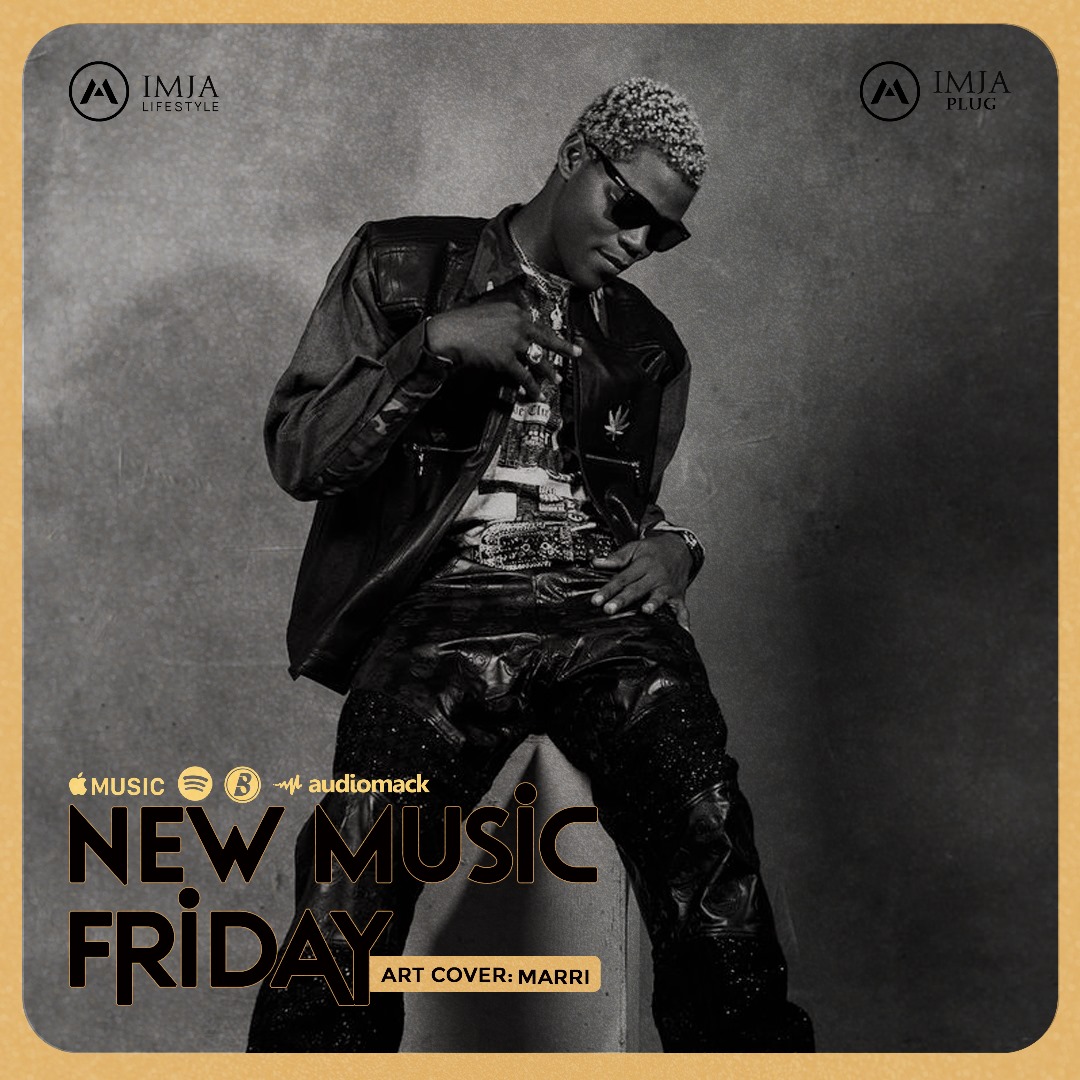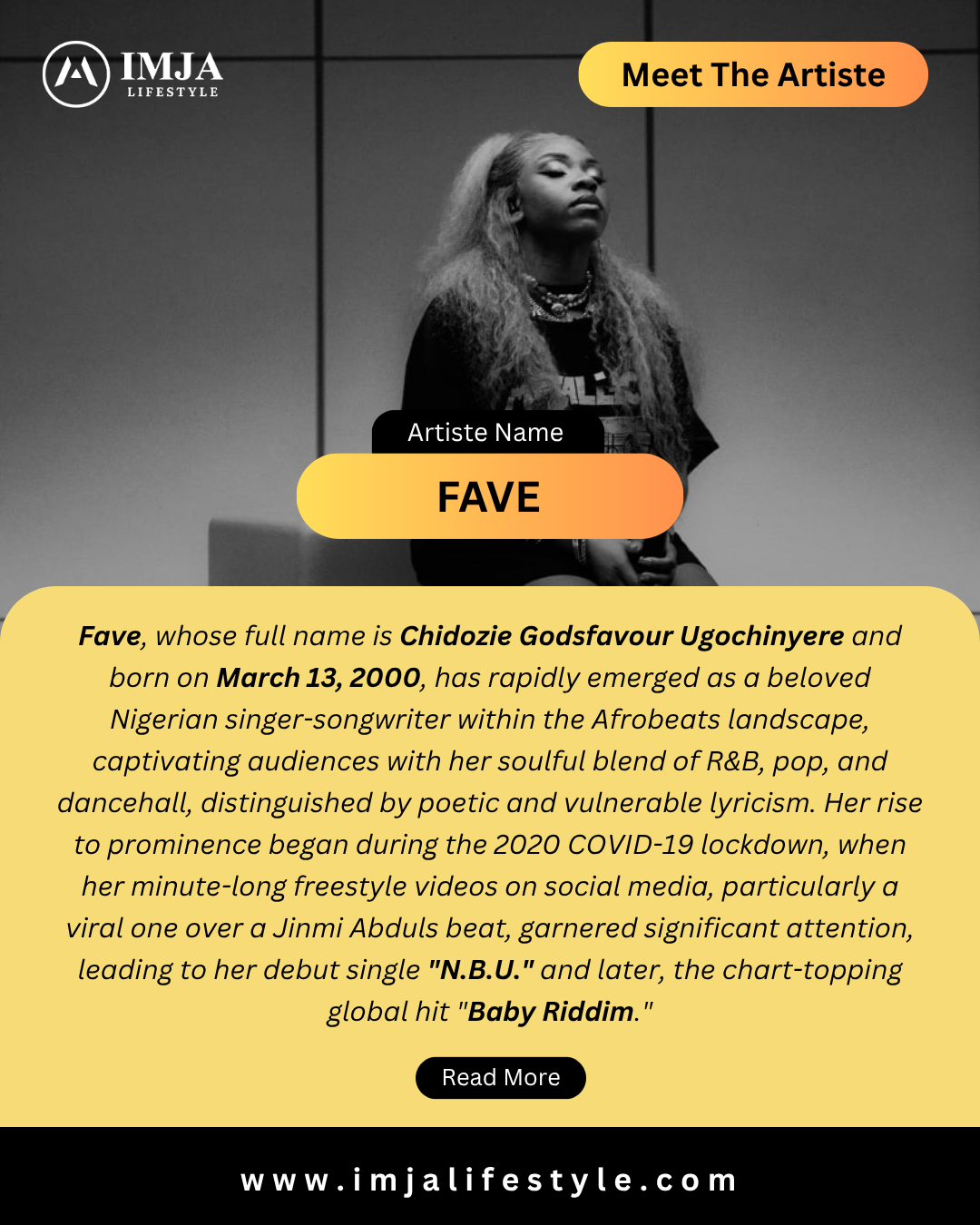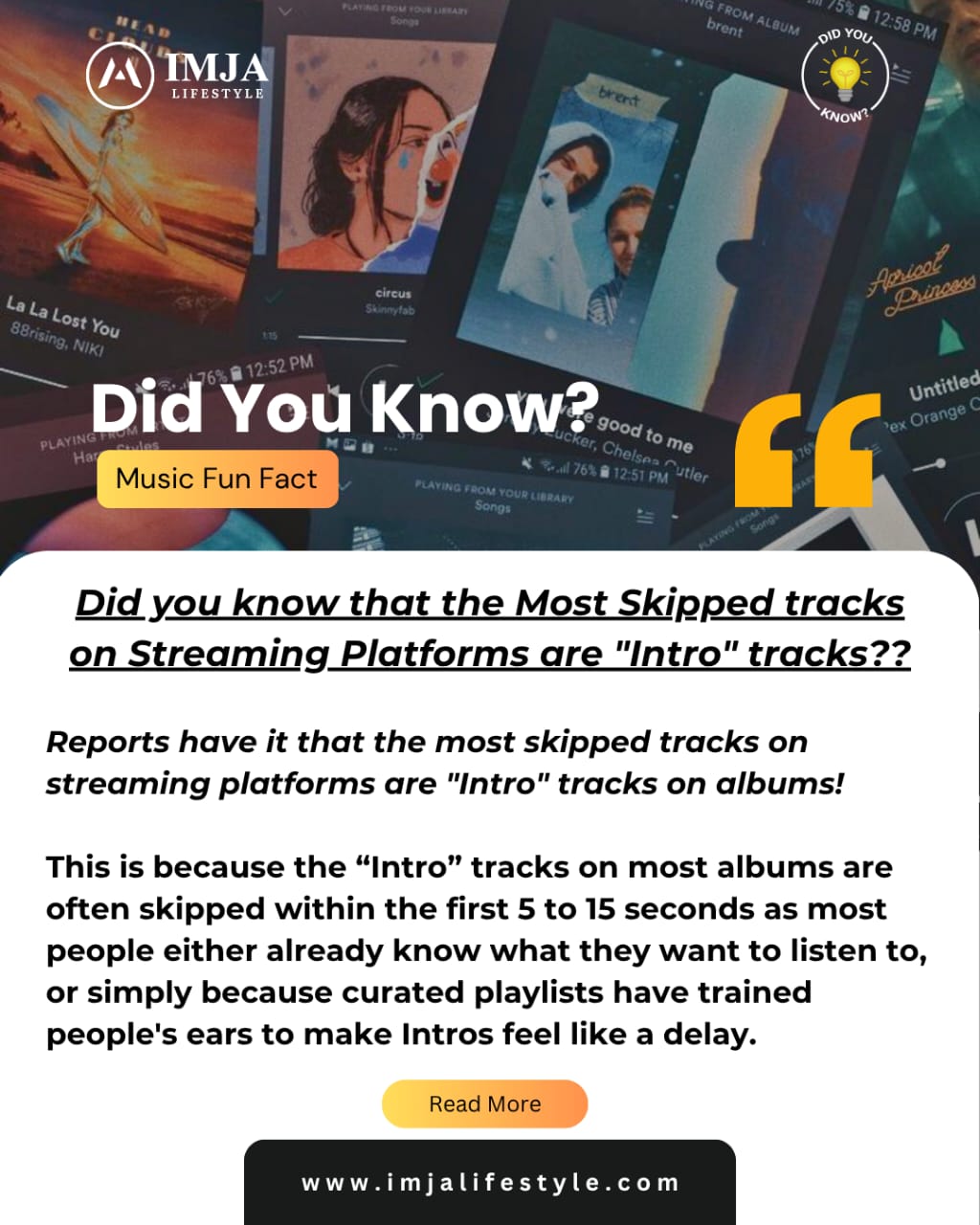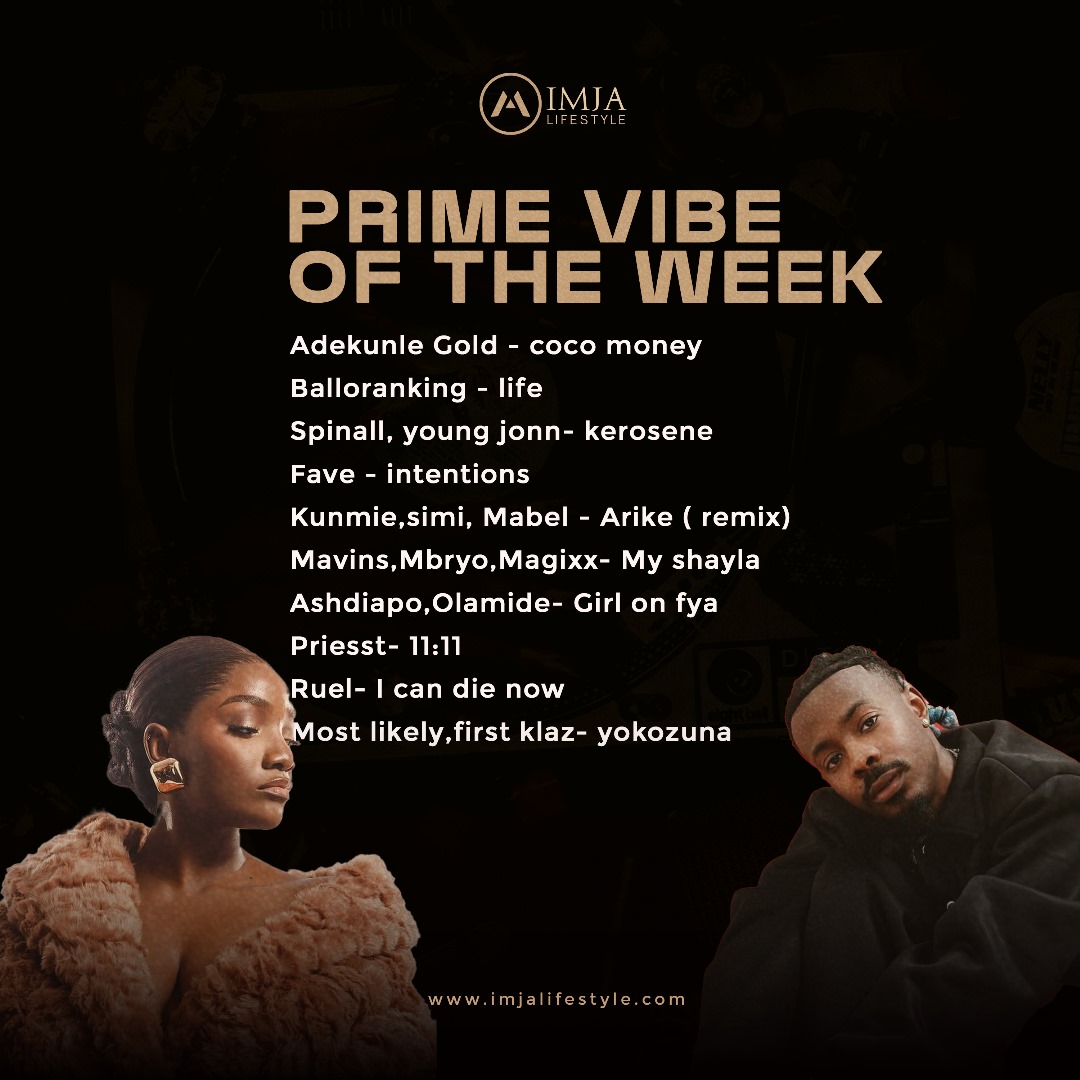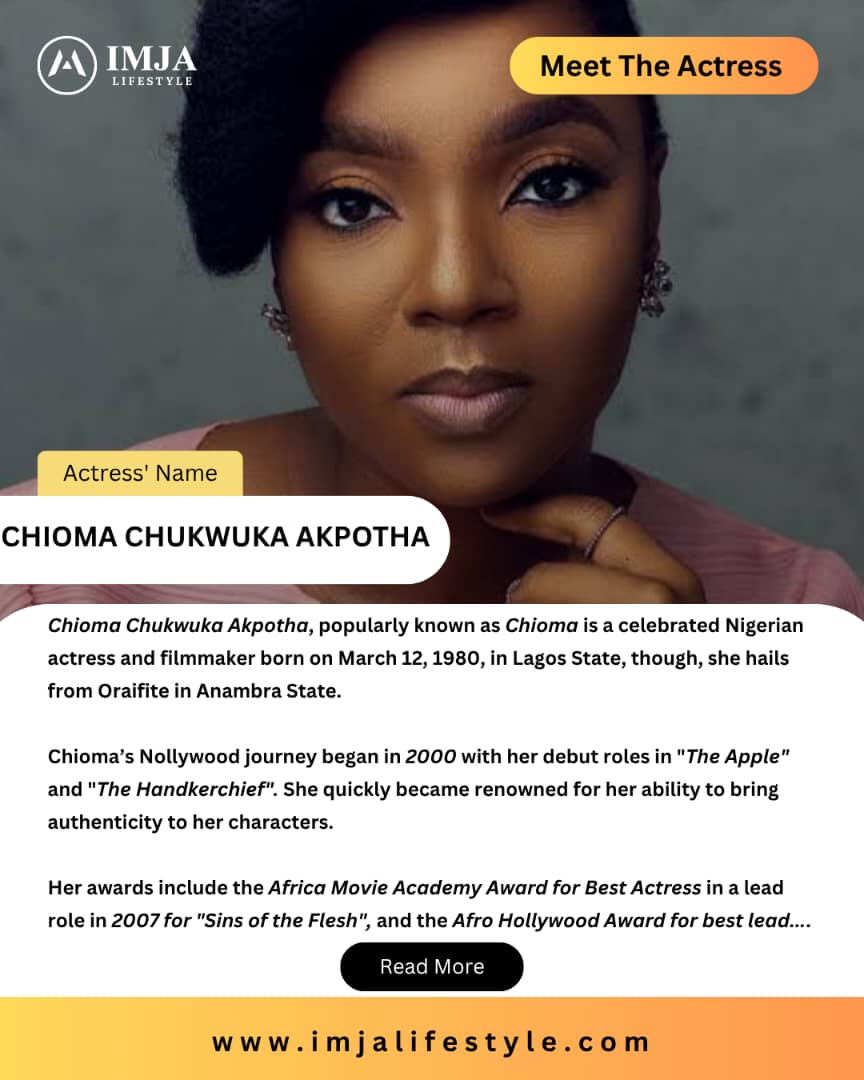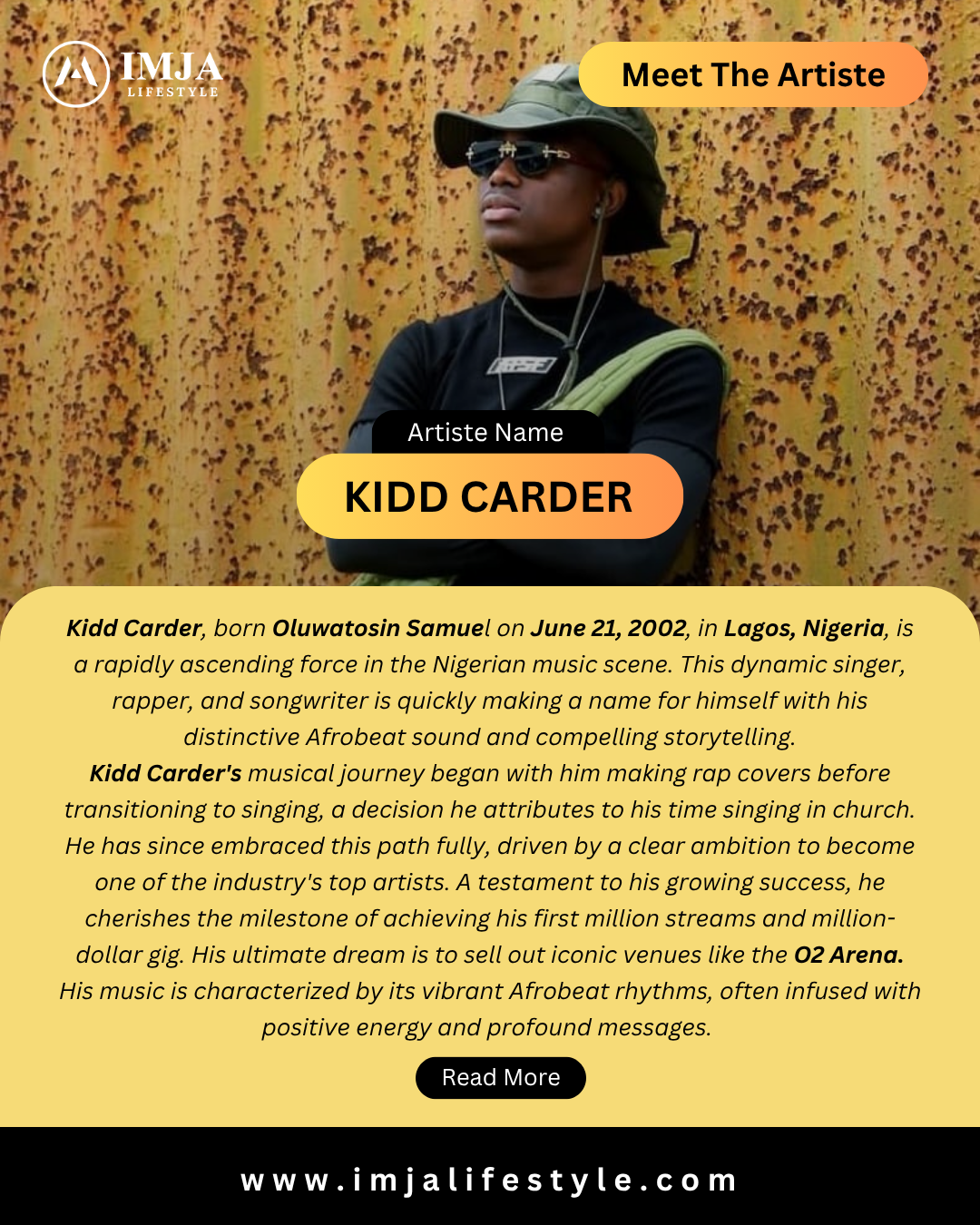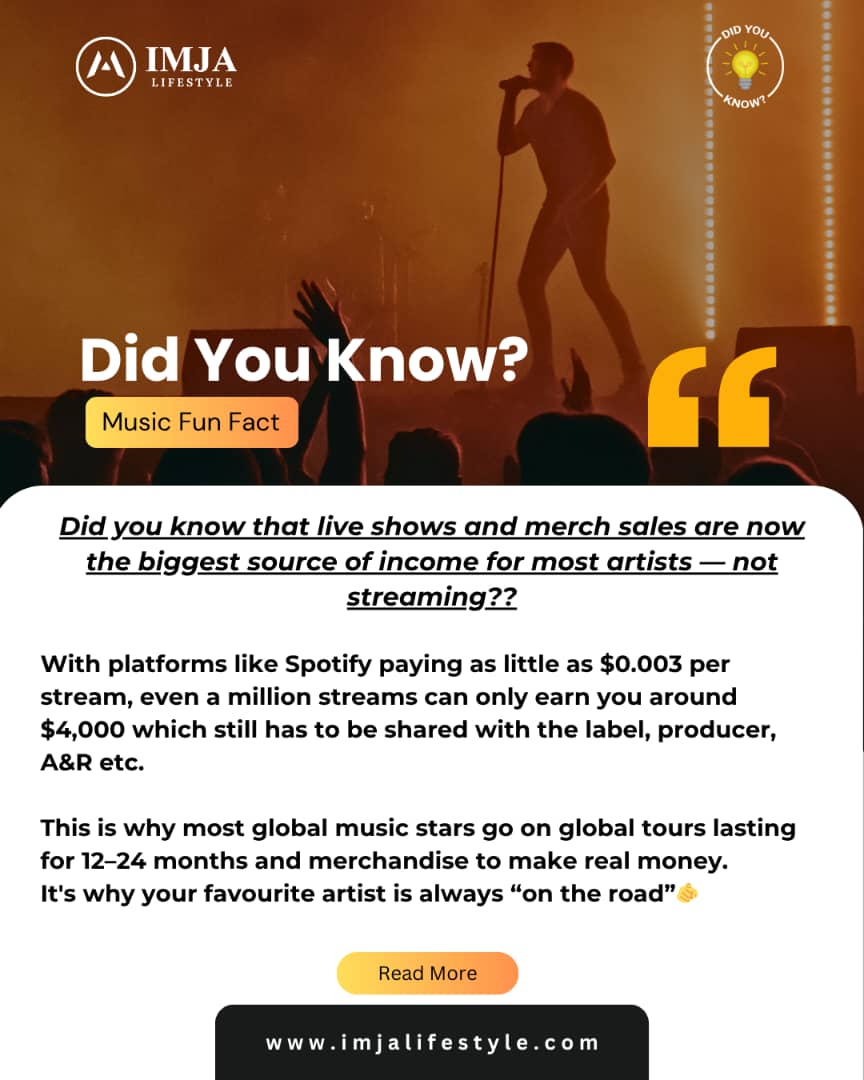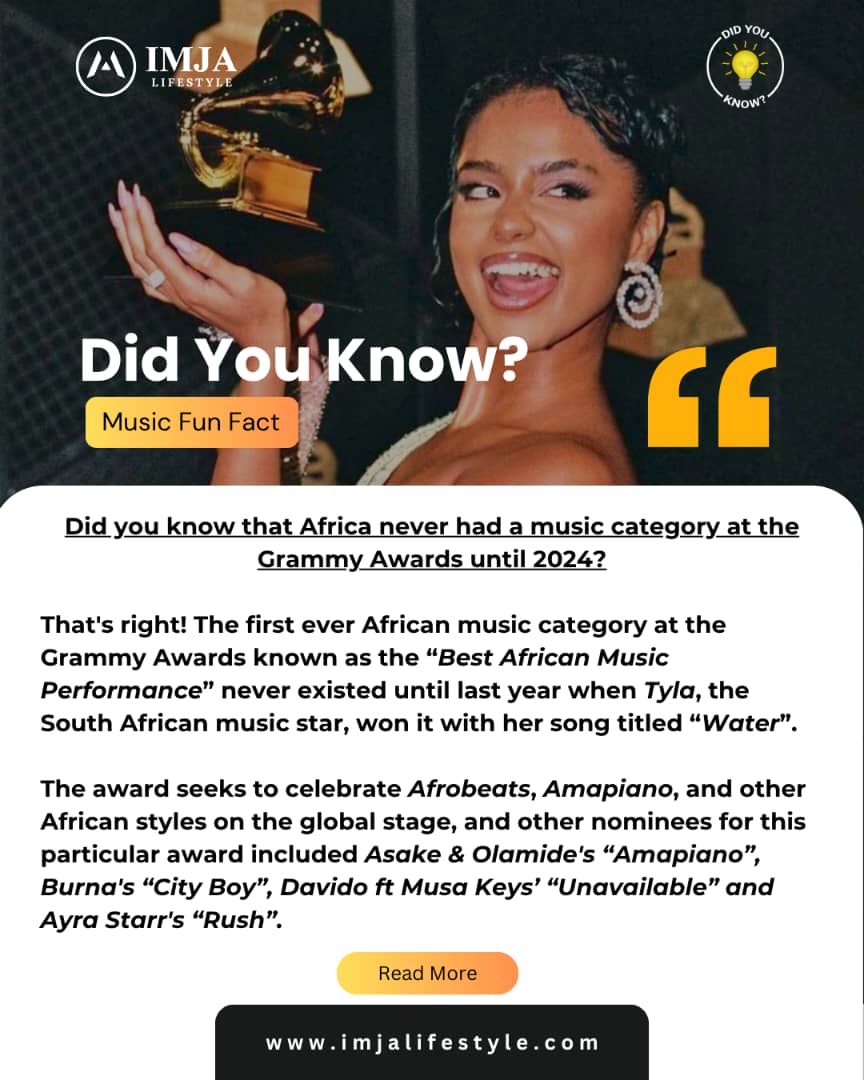Meet the Artist
Meet the Artist Fave, whose full name is Chidozie Godsfavour Ugochinyere and born on March 13, 2000, has rapidly emerged as a beloved Nigerian singer-songwriter within the Afrobeats landscape, captivating audiences with her soulful blend of R&B, pop, and dancehall, distinguished by poetic and vulnerable lyricism. Her rise to prominence began during the 2020 COVID-19 lockdown, when her minute-long freestyle videos on social media, particularly a viral one over a Jinmi Abduls beat, garnered significant attention, leading to her debut single “N.B.U.” and later, the chart-topping global hit “Baby Riddim.”A Law student at Obafemi Awolowo University, Fave’s ability to infuse her music with relatable emotional depth, drawing influences from artists like Adele and Sia, has resonated widely. Her discography includes the critically acclaimed EPs “Riddim 5” (2022), “DUTTY LOVE” (2024), and “FAVE (Live) – EP” (2025).Her continuous success is further solidified by her collaborations with industry giants such as Olamide, Simi (earning her Songwriter of the Year at The Headies 2023 for “Loyal”), and Davido (whose “Kante” feature even made King Charles’s playlist), alongside accolades like Rookie of the Year at The Headies 2022 and recognition as an Apple Music Africa Rising and Spotify Equal Africa Ambassador.
Did You know
Did You know Most Skipped Tracks on streaming platforms That’s right, “Intro” tracks on most albums are the most skipped track — often within the first 5 to 15 seconds. Infact, many Afrobeats albums include skits or spoken-word intros that fans skip in favor of the vibe-heavy tracks. This happens because of one or more of the reasons spelt put below: • Listeners Are ImpatientPeople nowadays stream music like their going through a TikTok page. Hence, one a track doesn’t hook immediately, they skip. Intro tracks however falls into this category as most intro tracks are usually slow builds, instrumentals, or spoken word. Most people want instant energy or emotion. • Intros that don’t immediately feature the artist’s voice.An example is “Start” on Asake’s Lungu Boy. • People Already Know What Song They WantMost listeners already have an idea what they want to listen to either through tiktok, radio or playlists so they just skip the intro. • Playlists Have Trained Our EarsWe’ve become used to curated playlists with back-to-back bangers that intros now feel like a delay or unwanted part of the gem. @Alaro Basit
Meet the Artist
Meet the Actress Chioma Chukwuka Akpotha, popularly known as Chioma Chukwuka or Chioma Akpotha, is a celebrated Nigerian actress, filmmaker, and mentor. Born on March 12, 1980, in Lagos State, though, she hails from Oraifite in Anambra State. Growing up, Chioma attended Onward Nursery and Primary School in Lagos before completing her secondary education at Federal Government Girls College, Onitsha. She later earned a BSc in Banking and Finance from Lagos State University, a foundation that has informed her disciplined approach to her creative career. Chioma’s Nollywood journey began in 2000 with her debut roles in The Apple and The Handkerchief. With natural talent and emotional depth, she quickly became known for her ability to bring authenticity to her characters. Her awards include the Africa Movie Academy Award for Best Actress in a Leading Role in 2007 for Sins of the Flesh, and the Afro Hollywood Award for best lead actress in 2010. She also earned an AMVCA Best Actress Award in 2025 for her performance in Seven Doors.
Meet the Artist
Meet the Artist Kidd Carder, born Oluwatosin Samuel on June 21, 2002, in Lagos, Nigeria, is a rapidly ascending force in the Nigerian music scene. This dynamic singer, rapper, and songwriter is quickly making a name for himself with his distinctive Afrobeat sound and compelling storytelling. Kidd Carder’s musical journey began with him making rap covers before transitioning to singing, a decision he attributes to his time singing in church. He has since embraced this path fully, driven by a clear ambition to become one of the industry’s top artists. A testament to his growing success, he cherishes the milestone of achieving his first million streams and million-dollar gig. His ultimate dream is to sell out iconic venues like the O2 Arena.His music is characterized by its vibrant Afrobeat rhythms, often infused with positive energy and profound messages. He masterfully blends traditional African instrumentation with modern production, crafting a sound that is both fresh and deeply rooted. Artists like Asake, Davido, and Wizkid have significantly influenced his belief in consistent dedication to his craft. Kidd Carder’s discography boasts a string of popular tracks, including his latest hit “Calculate” (released May 2025), “Call My Name,” “Man Of The Year” (and its remix with Damo K), “Sweet Me,” “6040,” “Playboy,” and “On God” (featuring SuperWozzy). He has also collaborated with prominent figures such as DJ Neptune, DJ Bellami, and Soundz.His recent single, “Calculate,” has garnered significant attention, charting in multiple African countries. The song exemplifies his unique blend of good vibes, compelling rhythm, and a thoughtful message – advocating for earnest love while prioritizing self-awareness and personal boundaries. Kidd Carder stands out as a dedicated and talented artist, consistently delivering engaging music that resonates with a broad audience. He is undoubtedly a rising star to watch in the ever-evolving world of Afrobeats.
Did You Know
.Did you know that Africa never had a music category at the Grammy Awards until 2024? That’s right! The first ever African music category at the Grammy Awards known as “Best African Music Performance” never existed until last year when Tyla, the South African music star, won it with her song titled “Water”. The award seeks to celebrate Afrobeats, Amapiano, and other African styles on the global stage, and other nominees for this particular award included Asake & Olamide’s “Amapiano”, Burna’s “City Boy”, Davido ft Musa Keys’ “Unavailable” and Ayra Starr’s “Rush”. This matters a lot because it is the first Grammy award category to be dedicated specifically to African music and it purports to celebrate African music genres including Afrobeats, Amapiano, Afro-fusion, Highlife, Gqom and the likes. It doesn’t look like much but it marks the formal recognition of Africa’s cultural and economic influence in global music. Overtime, African artists had been dominating streaming charts, and selling out concerts but never had a global music award of their own until 2024. It should however be noted that some African artists, like Wizkid and Burna Boy, had already won Grammys before this category existed. @Alaro_Basit
Did You Know
Did you know that Africa never had a music category at the Grammy Awards until 2024? That’s right! The first ever African music category at the Grammy Awards known as “Best African Music Performance” never existed until last year when Tyla, the South African music star, won it with her song titled “Water”. The award seeks to celebrate Afrobeats, Amapiano, and other African styles on the global stage, and other nominees for this particular award included Asake & Olamide’s “Amapiano”, Burna’s “City Boy”, Davido ft Musa Keys’ “Unavailable” and Ayra Starr’s “Rush”. This matters a lot because it is the first Grammy award category to be dedicated specifically to African music and it purports to celebrate African music genres including Afrobeats, Amapiano, Afro-fusion, Highlife, Gqom and the likes. It doesn’t look like much but it marks the formal recognition of Africa’s cultural and economic influence in global music. Overtime, African artists had been dominating streaming charts, and selling out concerts but never had a global music award of their own until 2024. It should however be noted that some African artists, like Wizkid and Burna Boy, had already won Grammys before this category existed. @Alaro_Basit

